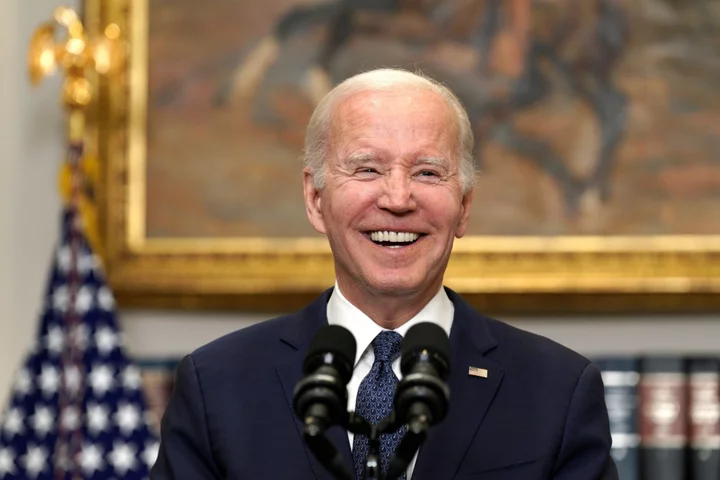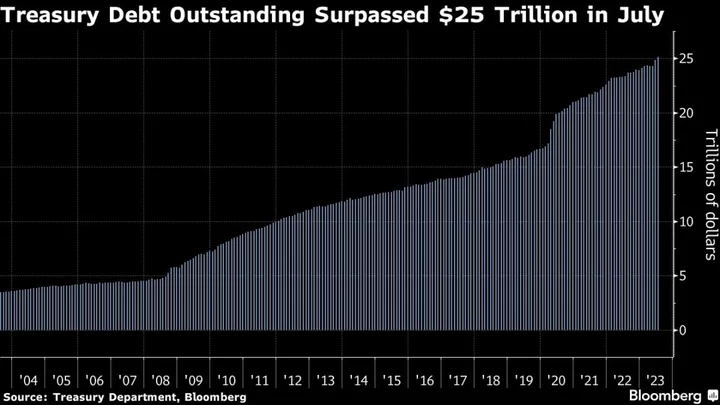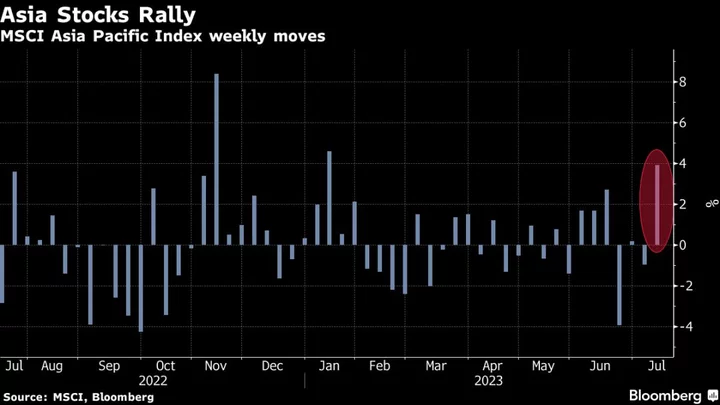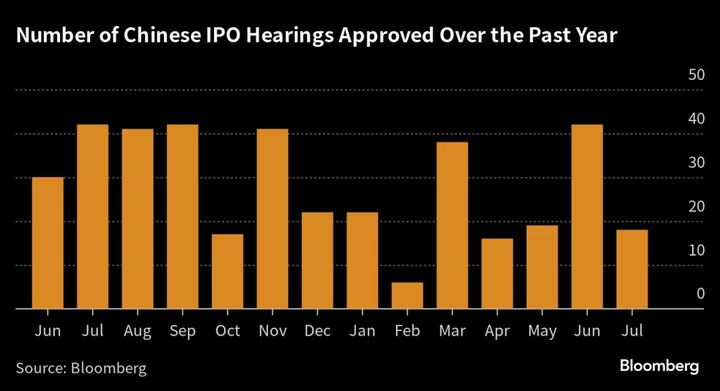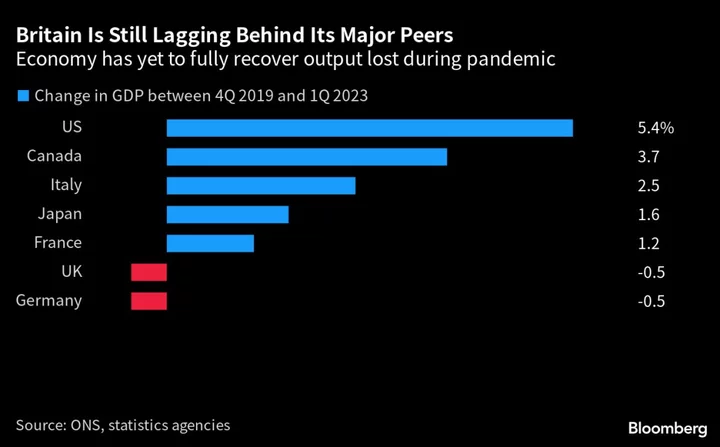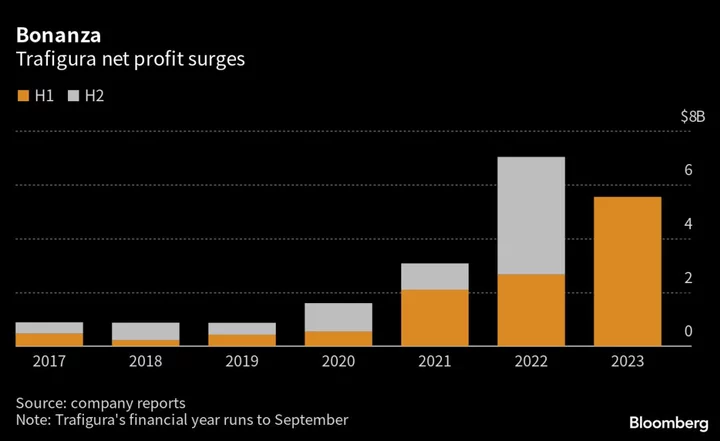President Joe Biden said he and House Speaker Kevin McCarthy reached a final agreement to avert a historic US default after the two spoke again Sunday afternoon.
“We’ve got good news. I’ve just spoken with Speaker McCarthy. We have a bipartisan budget agreement,” Biden said to reporters at the White House.
He urged both chambers of Congress to pass the legislation.
Both Biden and McCarthy now have to convince their allies to support the package, while tamping down frustrations on the left and right wings of their respective parties.
Despite reaching a deal, the clock is ticking. Treasury Secretary Janet Yellen warned Friday that the government’s borrowing limit must be extended by June 5 to avoid a payments default.
Biden complimented McCarthy for keeping his word in the talks but said “I have no idea if he has the votes.”
“I expect he does. I don’t think he would have made the agreement” otherwise, he added.
Biden this month cut short a planned trip from the G-7 leaders summit in Hiroshima, Japan, to Papua New Guinea and Sydney, Australia, to tend to the negotiations. The Pacific region is vital to US foreign policy to confront China’s growing influence.
The president brushed off assertions that debt ceiling talks that have gone essentially down to the wire — with the global economy at stake — weakened US standing among allies and adversaries.
“Just the nature of the way we handle the deficit and handle whether we’re going to, each year going to pay our debts, and it’s happened more than once, will probably happen again, but it’s not going to happen
at least for another two years here,” Biden said.
Biden said that he would explore in the future whether the the US Constitution — which says that the validity of the debt “shall not be questioned” — would allow him to bypass the debt-limit law.
“It would cause more controversy getting rid of the debt limit. Although I do — I am exploring the idea that we would, at a later date, a year or two from now, decide whether or not the 14th Amendment, how that actually would impact on whether or not you need to increase the debt limit every year,” he said. “But that’s another day.”
Author: Jennifer Jacobs, Alexis Shanes and Gregory Korte

